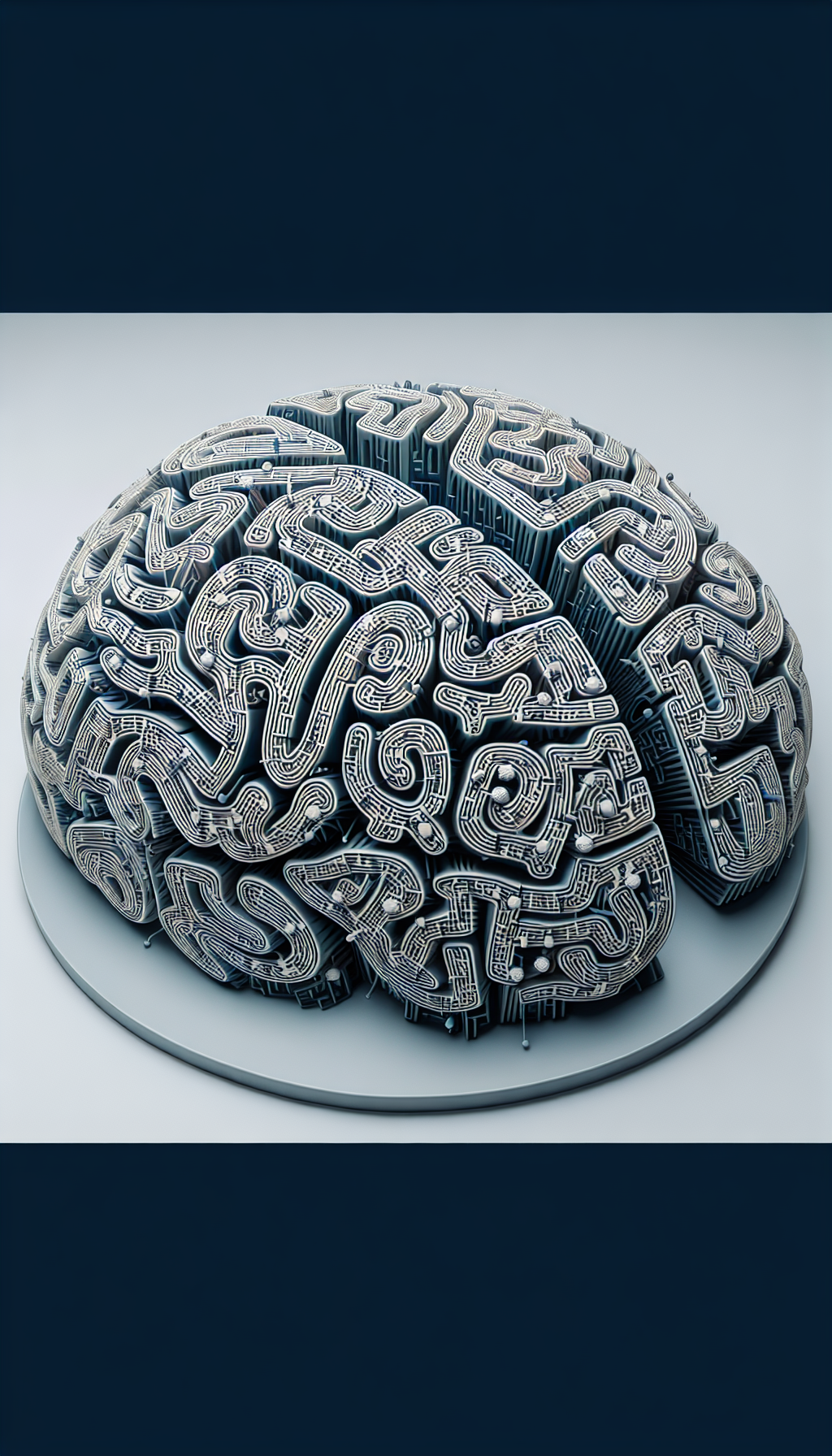The human brain is a complex and dynamic organ that requires a diversity of nutrients to function optimally. Holistic nutrition offers a comprehensive approach to feeding the brain, considering not only the nutrients we consume but also how our lifestyle impacts cognitive health. This article delves into how we can optimize brain health through a holistic nutrition strategy, supported by the latest research and expert insights.
The Foundations of Brain Health
Before we explore the specifics of holistic nutrition, it is crucial to understand the foundations of brain health. The brain is an energy-intensive organ, making up only 2% of our body weight but consuming about 20% of our energy intake. It relies on a steady supply of nutrients to maintain cognitive function, manage stress, and support neuroplasticity—the brain’s ability to adapt and change throughout life.
Essential Nutrients for the Brain
Certain nutrients are particularly important for brain health, including omega-3 fatty acids, antioxidants, vitamins B, D, and E, magnesium, and zinc. These nutrients support neural function, protect against oxidative stress, and facilitate communication between brain cells. For a deep dive into the essential nutrients needed for cognitive health, consider reading Cognitive Function and Nutritional Supplementation.
Holistic Nutrition: A Whole-Body Approach
Holistic nutrition looks beyond individual nutrients and focuses on the overall patterns of eating and living that support brain health. This means considering not only what we eat but also our digestion, stress levels, sleep patterns, and physical activity—all of which can significantly affect cognitive function.
Diet and the Brain
The Mediterranean and MIND (Mediterranean-DASH Intervention for Neurodegenerative Delay) diets have been shown to benefit brain health. These diets are rich in fruits, vegetables, whole grains, lean proteins, and healthy fats, providing a balanced intake of the nutrients the brain needs. For further reading on the impact of diet on cognitive health, Exploring the Gut-Brain Axis for Mental Wellness offers valuable insights.
The Role of Gut Health
The gut-brain axis is a communication network that links the enteric and central nervous systems, playing a critical role in overall brain health. A well-balanced gut microbiota can influence mood, cognition, and even the risk of neurodegenerative diseases. Prebiotics and probiotics can be valuable tools in maintaining a healthy gut flora, thus supporting cognitive function.
Addressing Inflammation
Chronic inflammation has been linked to a host of neurodegenerative diseases and cognitive decline. Anti-inflammatory foods, such as those rich in omega-3 fatty acids, can help mitigate this risk. Turmeric, with its active compound curcumin, is another potent anti-inflammatory that has been studied for its neuroprotective properties.
For information on the role of exercise in reducing inflammation and supporting brain health, the article Impact of Aerobic vs. Anaerobic Exercise on Brain Health is an excellent resource.
Lifestyle Factors Influencing Brain Health
Physical Activity
Regular physical activity increases blood flow to the brain, which can improve cognitive function and reduce the risk of cognitive decline. It also stimulates the production of brain-derived neurotrophic factor (BDNF), a protein that promotes the survival and growth of neurons.
Sleep
Sleep is essential for cognitive health, as it is during sleep that the brain clears out toxins, consolidates memories, and repairs itself. Disrupted sleep patterns can impair cognitive function and are linked to increased risk of neurodegenerative diseases.
Stress Management
Chronic stress can have a detrimental effect on brain health, contributing to memory loss and cognitive decline. Techniques such as yoga, meditation, and deep breathing can help manage stress levels.
Advanced Strategies for Cognitive Health
Neuroplasticity Enhancement
Engaging in new learning experiences, such as language classes or musical instrument training, can enhance neuroplasticity. Brain games and puzzles can also provide a cognitive challenge that stimulates the brain.
Early Detection of Cognitive Decline
With advances in neuroimaging and biomarker research, it’s becoming easier to detect the early stages of neurodegenerative diseases. Early detection allows for timely intervention and potentially more effective management of cognitive health.
Supplements and Medications
While diet and lifestyle are paramount, supplements can play a supportive role in optimizing brain health. Omega-3 supplements, vitamin D, and B-complex vitamins are among the most commonly recommended. It’s important to consult with healthcare professionals before starting any new supplement regimen, especially since interactions with medications can occur. For a comprehensive look at the role of supplements, Medication & Supplements offers valuable guidance.
External Resources to Explore
As you continue your journey to optimize brain health through holistic nutrition, the following resources may provide further valuable information:
- The International Society for Nutritional Psychiatry Research offers insights into the link between nutrition and mental health.
- The Global Council on Brain Health provides recommendations on lifestyle choices that can improve brain health.
- The Brain & Behavior Research Foundation focuses on advancing the understanding of the brain and behavior, including nutritional impacts.
- The Sleep Foundation explores the critical relationship between sleep and cognitive function.
- The Institute for Functional Medicine offers resources on how functional medicine approaches brain health, emphasizing the importance of a holistic perspective.
By adopting a holistic approach to nutrition and considering the interconnectedness of lifestyle factors, we can take proactive steps to nourish our brains and enhance cognitive function throughout our lives. It’s a continuous journey, but with the right tools and knowledge, we can make choices that support a healthy and vibrant mind.



